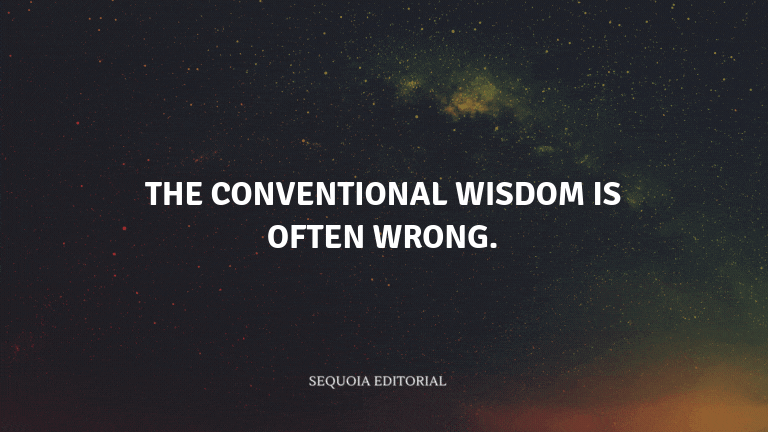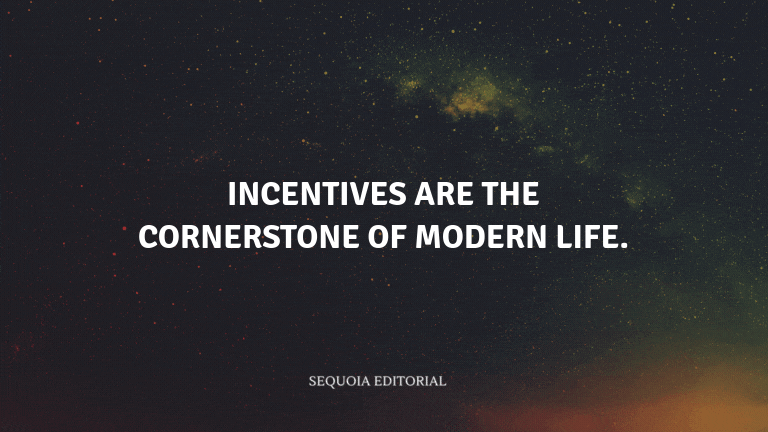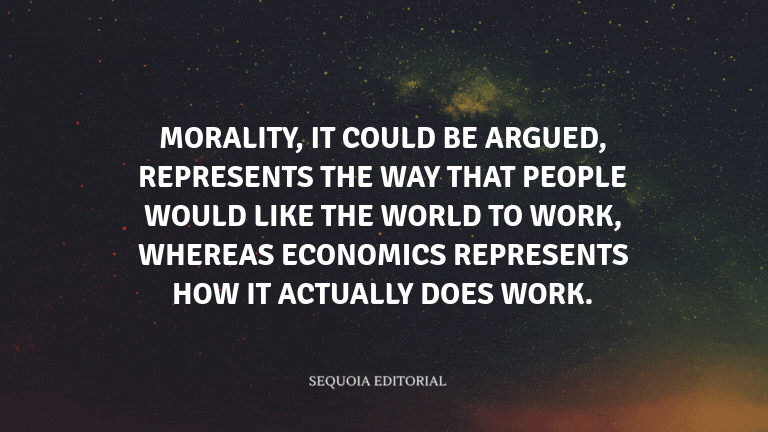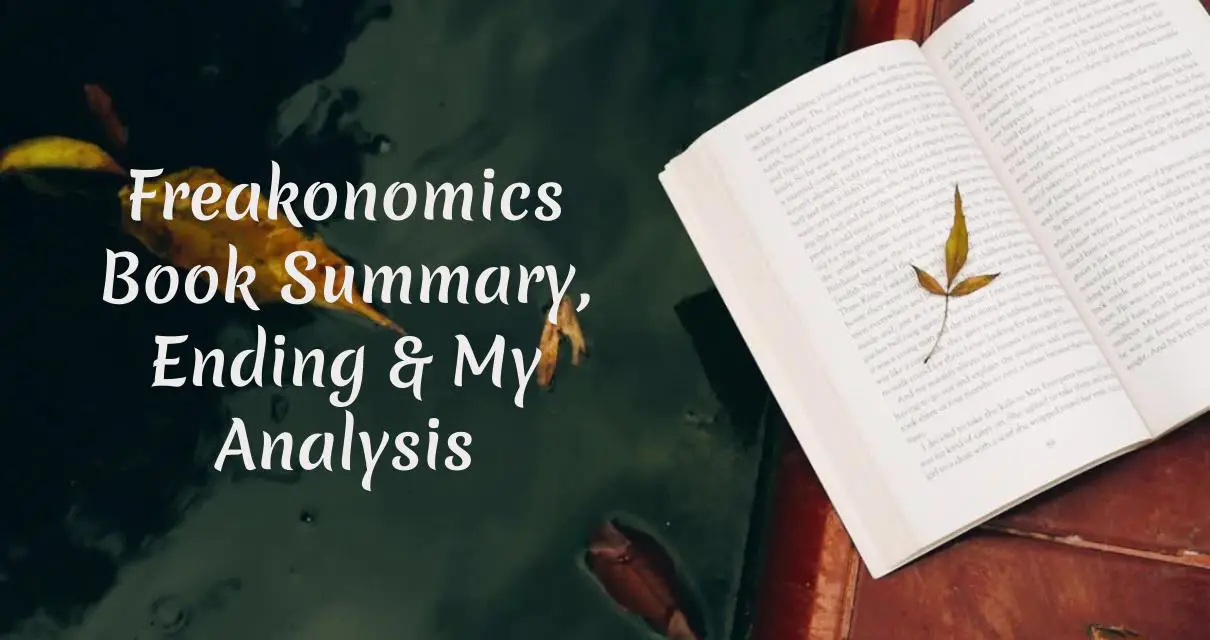Freakonomics is about the hidden side of everything. It delves into the unexpected connections between seemingly unrelated events to reveal the nuances and intricacies of our world. The book's provocative analysis challenges conventional wisdom and presents a fresh and often startling perspective on how human behavior and societal structures function.
Table of Content
Freakonomics Book Summary
Levitt and Dubner explore a myriad of diverse topics, starting with an investigation into the cause of the 1990s crime drop in the United States. They examine the hypothesis that the legalization of abortion in the 1970s led to a decrease in unwanted children who were more likely to become criminals.
Next, they delve into the complex world of real estate agents and how their incentives may not align with those of the homeowners they represent, using the example of Paul Feldman who chose a different selling strategy when it came to his own home.
The authors then tackle the thorny issue of parenting, questioning the impact of small variables such as baby's names on their future success, and the efficacy of educational programs and the tests designed to measure them.
They investigate the undeniable presence of cheating in sumo wrestling and schoolteachers’ classrooms, examining the incentives behind such behavior and the potential consequences.
Other topics include the financial motivations behind drug dealing and the true impact of a parent's socioeconomic status on a child's educational success. The book concludes with an exploration of the potential for information asymmetry in the Ku Klux Klan and the economics of gang culture.
Throughout the narrative, Levitt and Dubner challenge readers to think critically about causality and to consider the hidden economic factors that shape the world around them. They emphasize the importance of data analysis and the ability to question conventional wisdom.
Freakonomics Quotes
- The conventional wisdom is often wrong.

- Incentives are the cornerstone of modern life.

- Morality, it could be argued, represents the way that people would like the world to work, whereas economics represents how it actually does work.

Freakonomics Ending Explained
At the end of Freakonomics, the authors leave readers with a profound sense of how the world really works. They have unraveled a series of interconnected puzzles, each revealing a deeper layer of economic influence on our lives.
The final chapter encourages readers to embrace the power of information and the analytical approach of 'thinking like a freak.' The authors advocate for a constant curiosity and skepticism of established beliefs, urging individuals to seek the hidden side of every story.
Levitt and Dubner's parting message is one of the potential for change through understanding, emphasizing that the truth, once revealed, can be a powerful force for progress.
Characters in book Freakonomics
- Steven D. Levitt: An unconventional economist who applies economic theories to diverse subjects such as crime, education, and parenting.
- Stephen J. Dubner: A journalist and author who collaborates with Levitt to write the book, providing accessible narratives to explain Levitt's economic analyses.
- Paul Feldman: A real estate agent whose innovative strategies in selling his own home serve as the basis for an economic principle in the book.
- Emil O. W. Kirkegaard: A Danish linguist and co-author of a study that examines the correlation between the decline in crime rates and the legalization of abortion.
- Abagail Palmer: A young girl whose name was given to the controversial economics-based theory on the effect of a child's name on their future success.
Key Lessons
- Question Conventional Wisdom: Don't take things at face value; be curious and look deeper to understand what really drives a situation.
- Incentives Shape Behavior: People respond to rewards and punishments, so understanding the incentives at play is crucial to understanding why they act the way they do.
- Data Tells a Story: Numbers and statistics can reveal patterns and connections that challenge our assumptions and demonstrate the true nature of a situation.
- Small Changes Can Have Big Effects: Tiny alterations in a system can lead to significant outcomes, so be mindful of the potential impact of seemingly minor decisions.
- Correlation Is Not Causation: Just because two things are related does not mean that one causes the other; be cautious in drawing causal conclusions from correlation.
My Personal Opinion
Is Freakonomics worth reading? Absolutely yes, I found it to be a thought-provoking and eye-opening exploration of how economics underpins so much of our world. The book's unique approach challenges the reader to think differently about the issues it presents.
I was captivated by the blend of storytelling and rigorous analysis. The authors have a talent for making complex ideas accessible and engaging. However, I did find that some sections were more compelling than others, and I wished for a bit more depth in certain areas.
I would recommend Freakonomics to anyone with an inquisitive mind and a love for uncovering the hidden mechanisms of our society. It is particularly suited to those interested in economics, as well as to readers looking for a fresh perspective on familiar topics.

